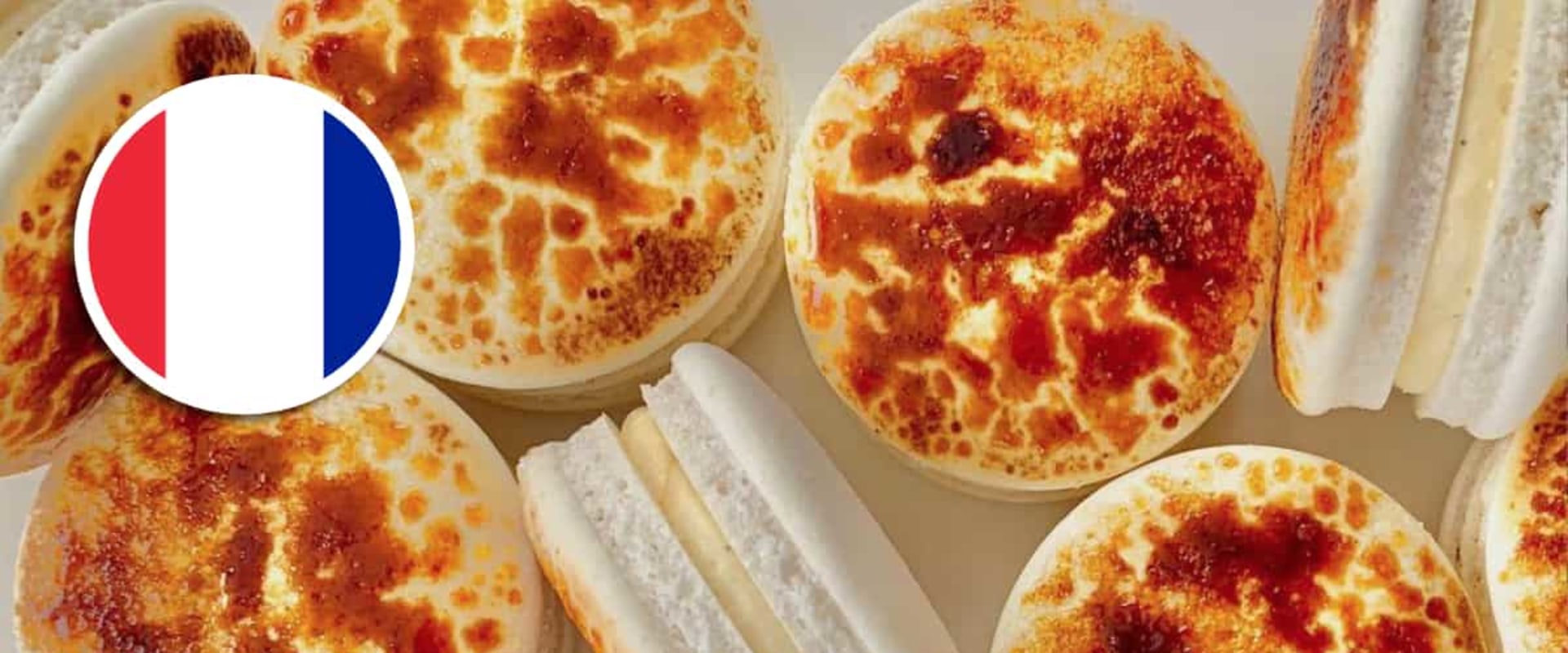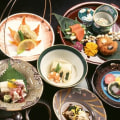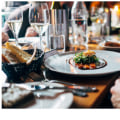Marie-Antoine Carême is often credited with leading this position in the 19th century. He taught French cuisine as a sophisticated art form that required technique and precision, and his recipe manuals made French cuisine more accessible. Although these changes were controversial, by 1972 the innovations had been called nouvelle cuisine. If La Varenne laid the foundations of modern French food, it was Marie-Antoine Carême who elevated it to haute cuisine.
Anyone who works in the hotel industry, but especially in the culinary arts, must know the roots of French food and understand its evolution over the centuries. In 1973, Gault published “The Ten Commandments of the New Kitchen”, which gave the movement a set of precepts that helped nouvelle cuisine reach a wider audience. Unlike classic cuisine, an older form of haute cuisine, nouvelle cuisine is characterized by lighter, more delicate dishes and a greater emphasis on presentation. In the mid-1980s, some food writers claimed that the cooking style had run out and many chefs began to return to the classic cooking style, although many of the lighter presentations and new techniques remained.
Working with César Ritz in Paris, London and Monte Carlo, he dominated the European culinary scene at the turn of the century and popularized haute cuisine, making it more accessible to contemporary society. Known by the French as the “roi des cuisiniers et cuisinier des rois” (“king of chefs and chef of kings”), Georges Auguste Escoffier is the original father of modern French cuisine. Like Auguste Escoffier before him, he was known all over the world as the father of modern French food. He also accused Gault and Millau of “relentlessly bringing Nouvelle cuisine to the point of “intimidating” restaurants that did not adopt the spirit of nouvelle cuisine.
The term nouvelle cuisine has been used several times in the history of French cuisine to mark a break with the past. It is speculated that the outbreak of World War II contributed significantly to the creation of nouvelle cuisine. The scarcity of animal proteins during the German occupation made it a natural development. Starting with one of the most influential cookbooks in history and ending with the master of Nouvelle Cuisine.
Many of the chefs promoted by Gault and Millau quickly gained respect and Michelin stars, but the new style attracted the interest of renowned French food critics, in particular La Reynière (also known as Robert Courtine), the prominent critic of the respected Parisian newspaper Le Monde. The style that Gault and Millau wrote about was a reaction to classic French cuisine placed in orthodoxy by Escoffier.




Leave Reply